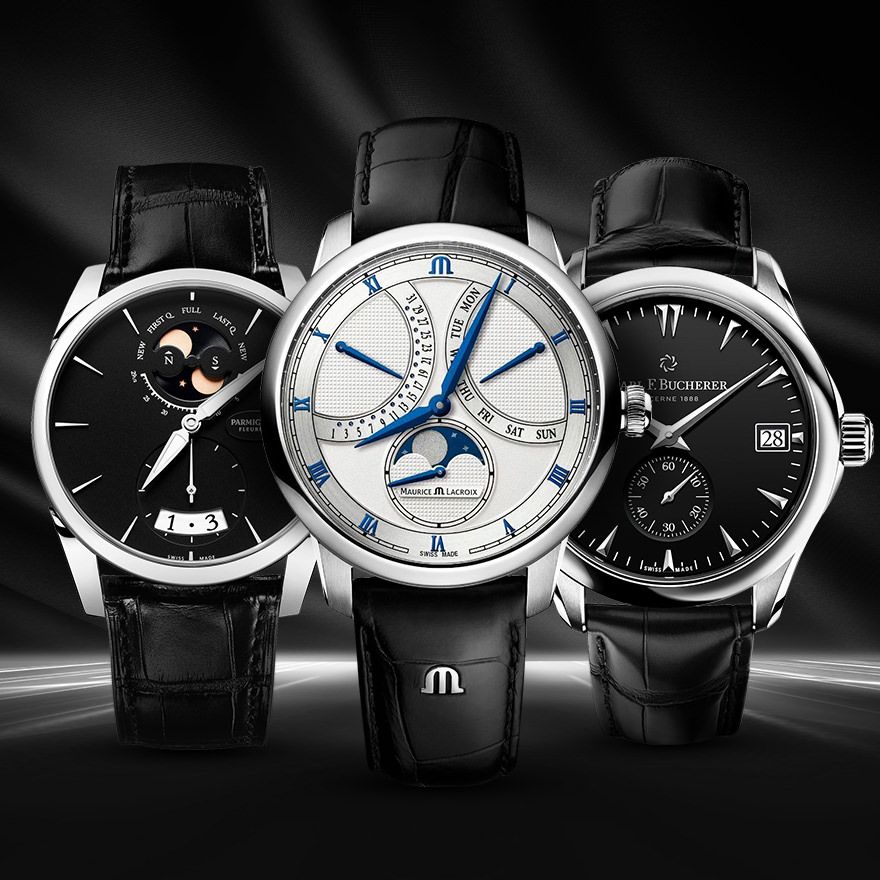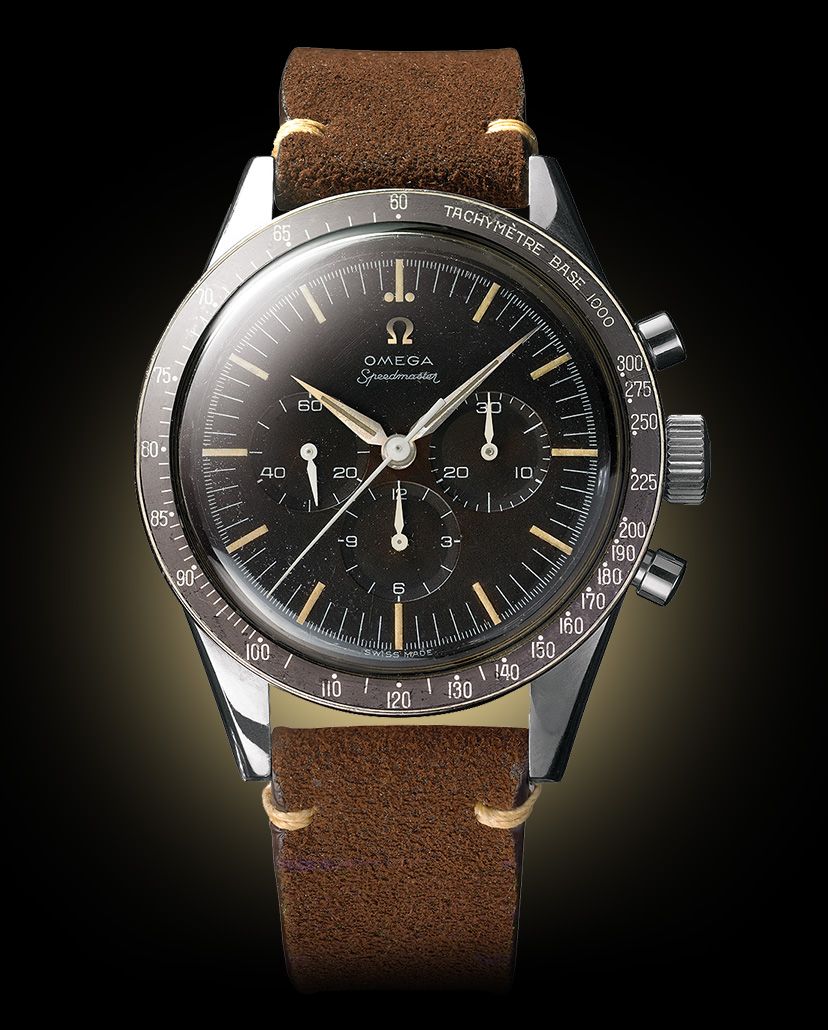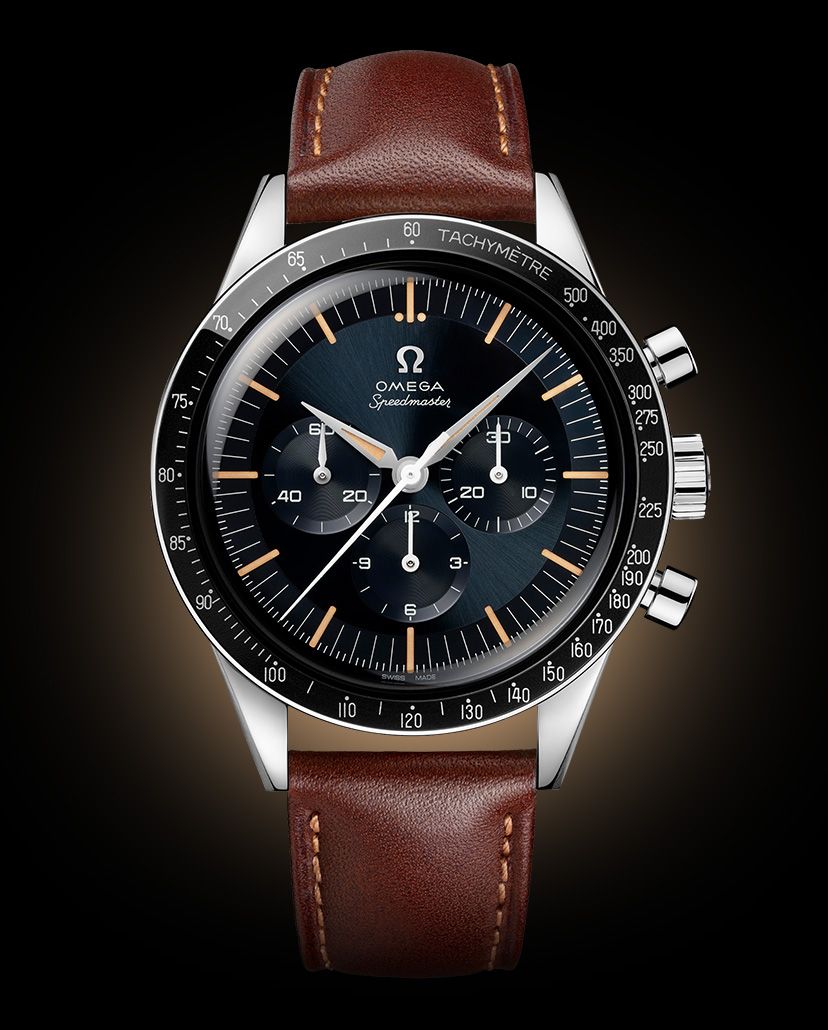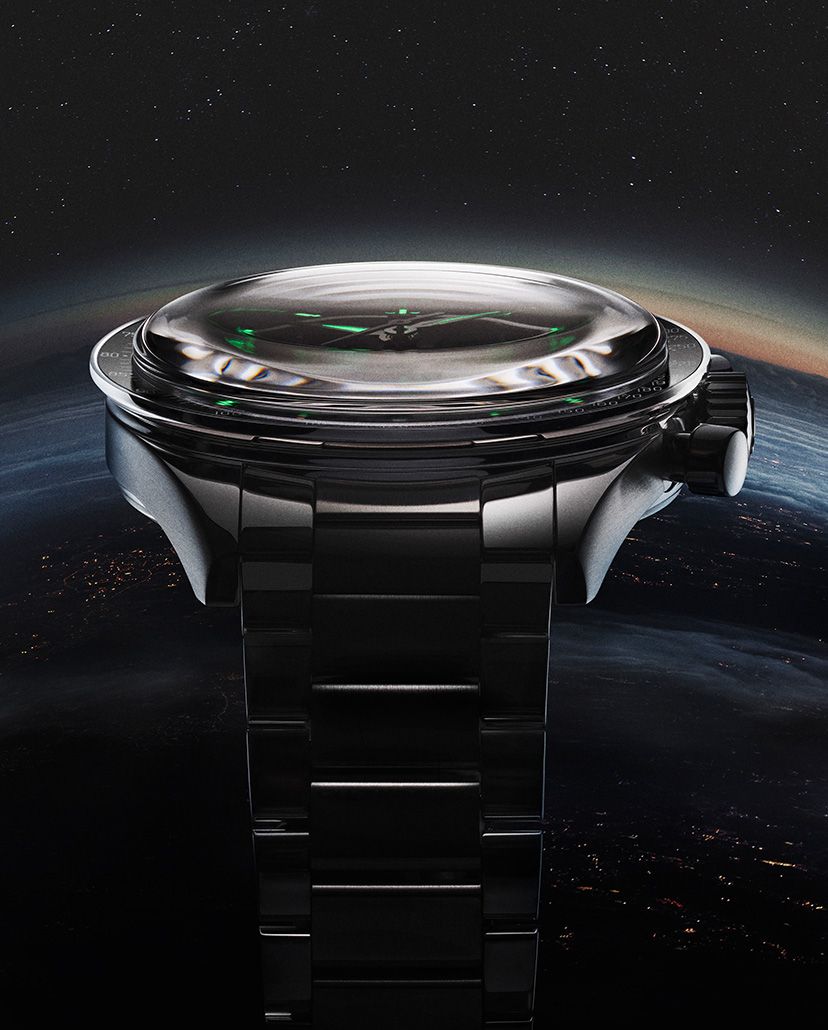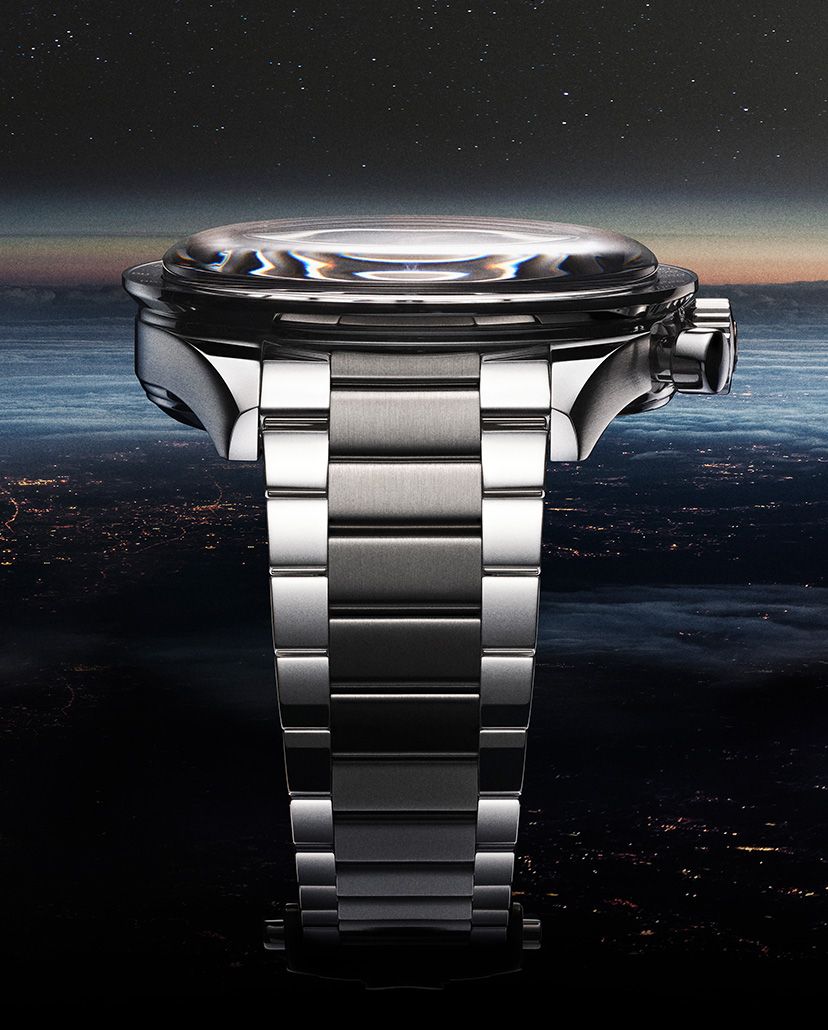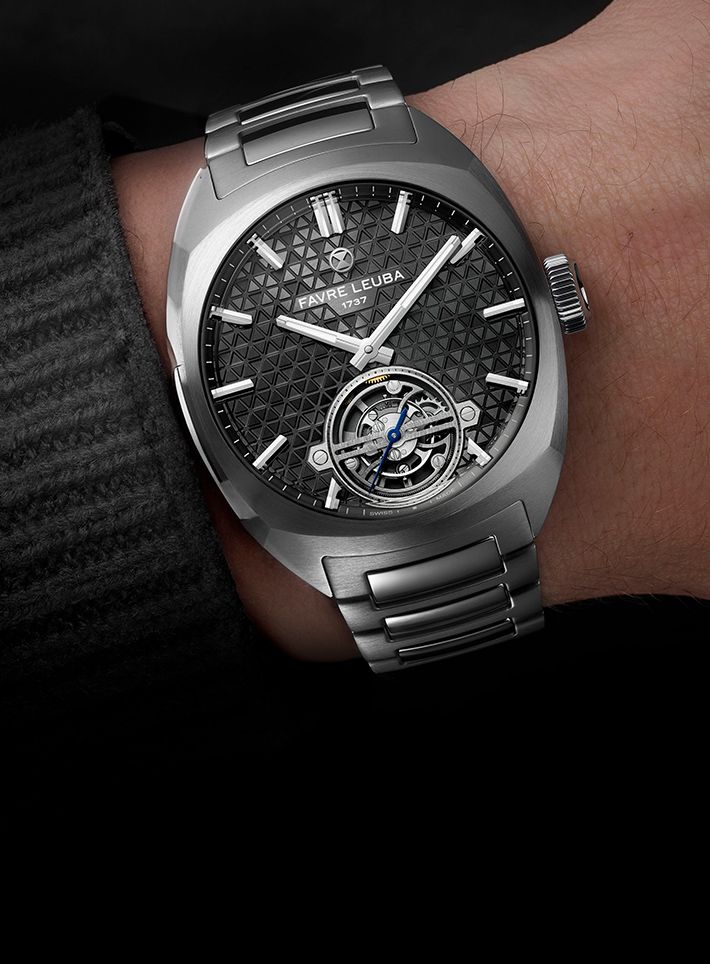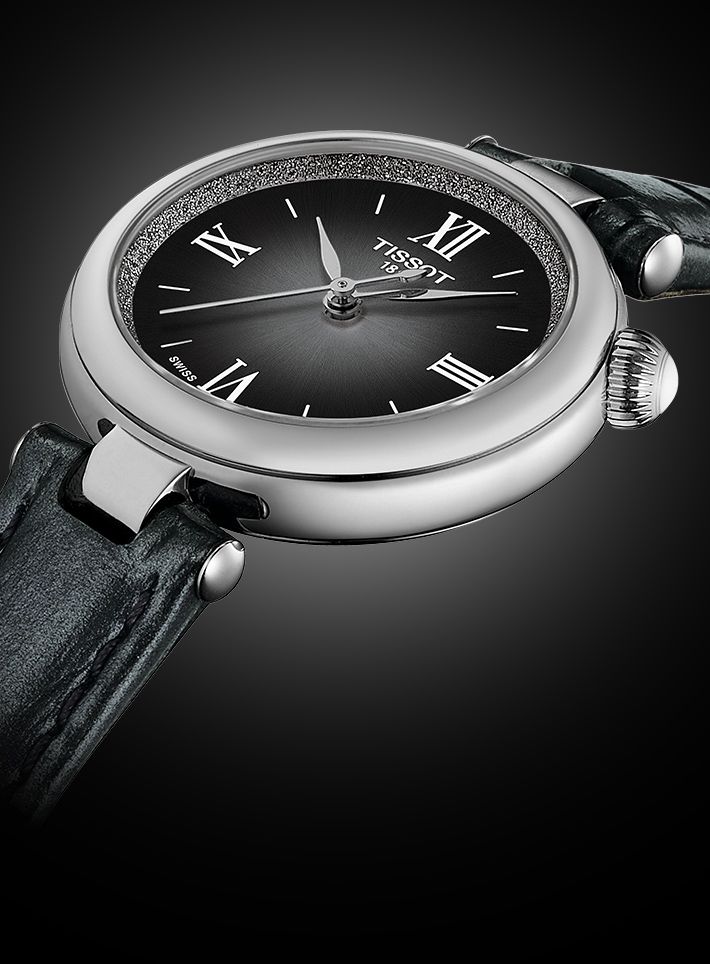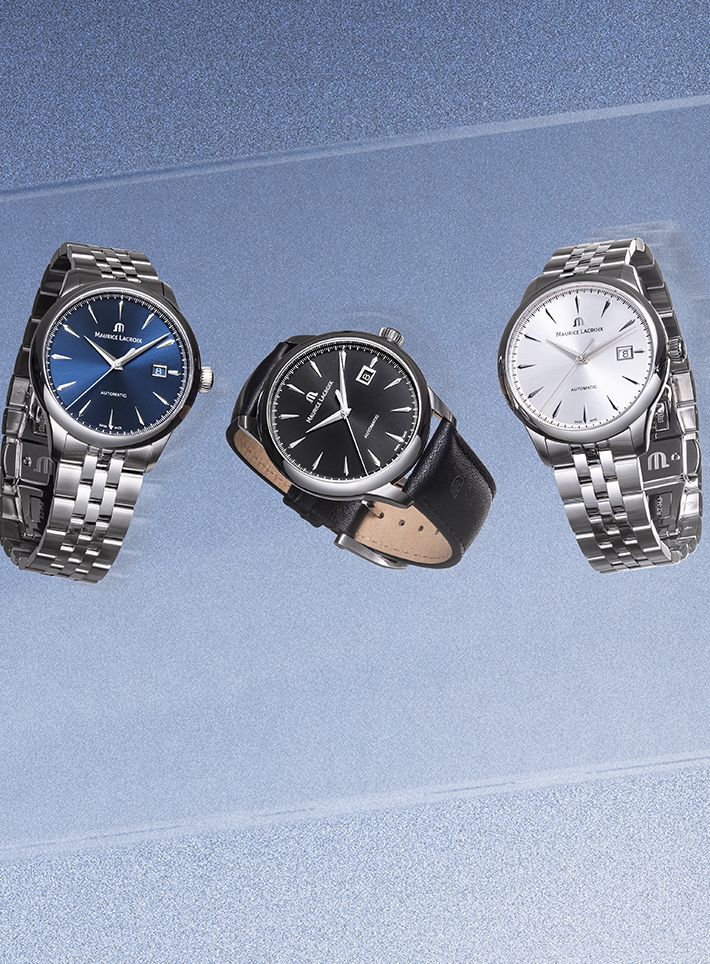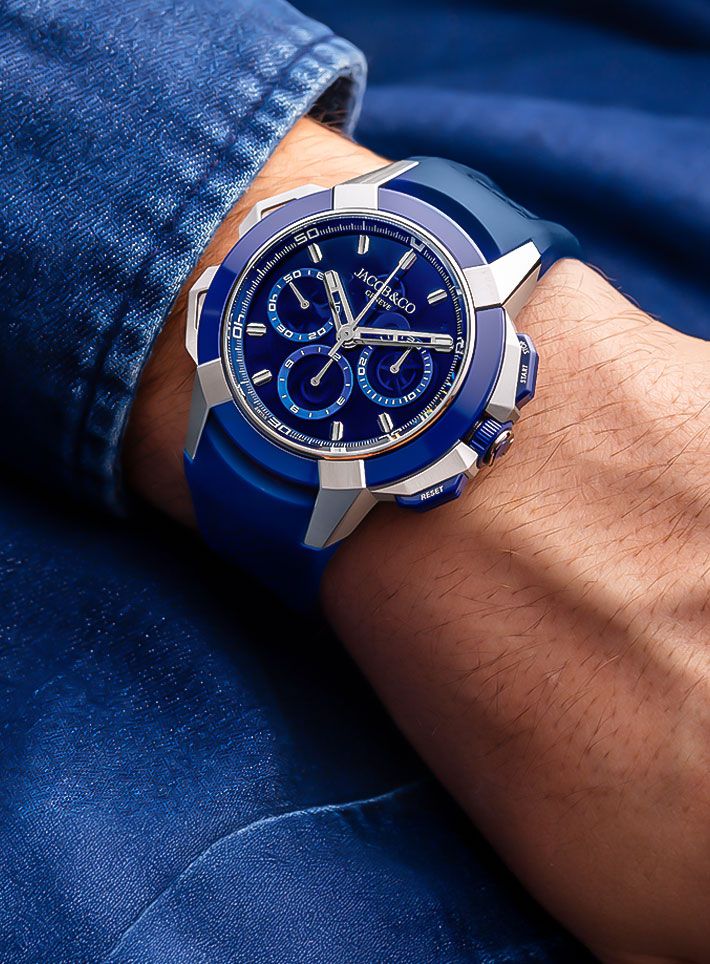SpotlightThe First Omega In Space Gets The Master Chronometer Treatment
The classic and iconic Speedmaster Moonwatch got upgraded to a Master Chronometer, just about five years ago. Not all that different in appearance—at a quick glance anyway—the Speedmaster that was actually the ‘First Omega in space’ got that upgrade recently
May We Recommend
Before the Speedmaster became the Moonwatch, there was already a foretelling of what might come. The first time an Omega watch went to space, it also happened to be a Speedmaster. This was in 1962—seven years before the Apollo 11 mission that took the Omega Speedmaster to the moon. Prior to Apollo 11, the Speedmaster was certified by NASA for ‘manned space missions’, but in 1962, there was nothing official about Speedy’s trip outside the Earth’s atmosphere. It was someone’s personal watch, but for the decades that followed, and to this day, that model has been called the ‘First Omega in space’. There have been updates to the model since 1962, and this year, the First Omega in space makes a return with a shiny new Master Chronometer certification.
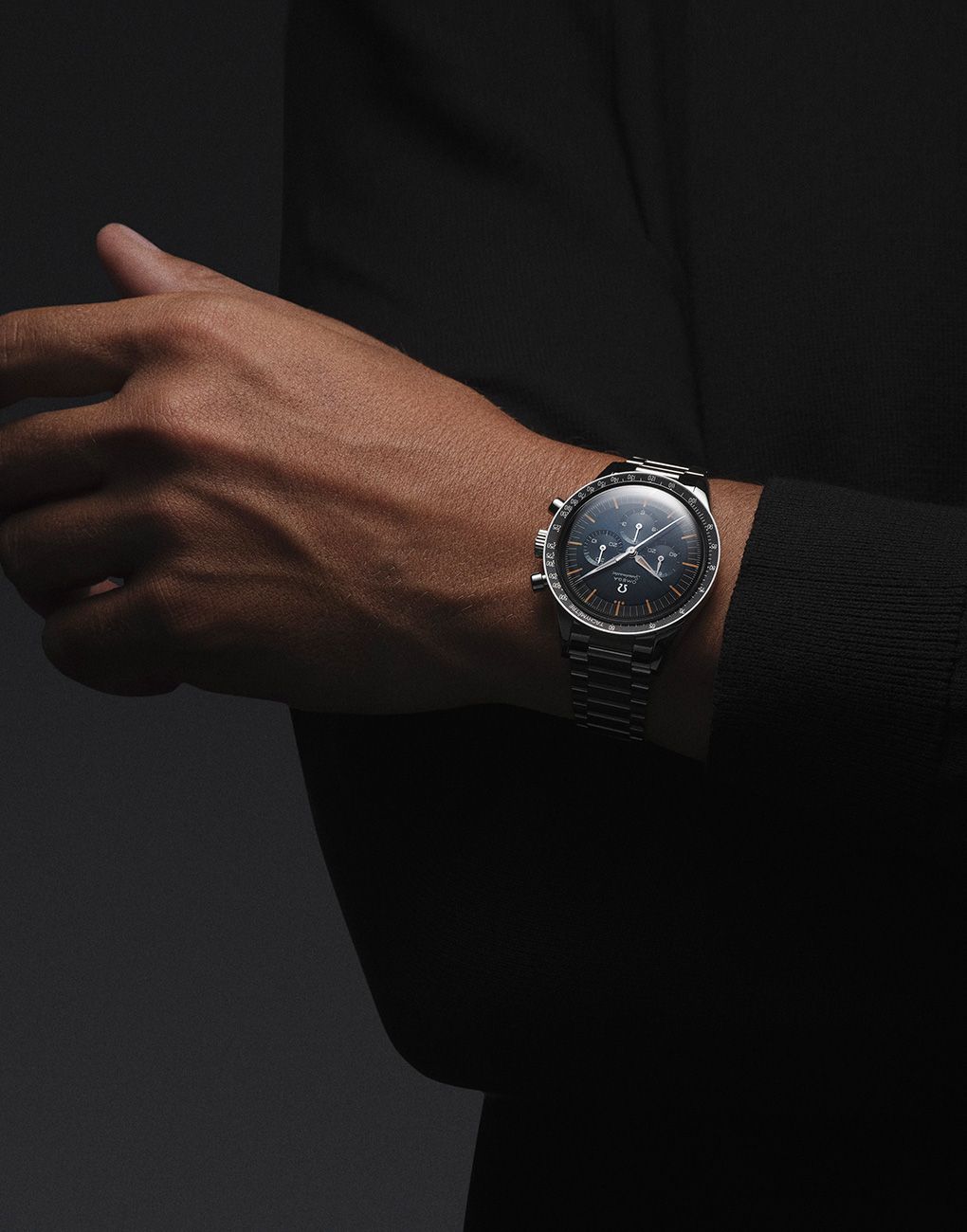
Going To Work: First Omega In Space
It was before the Speedmaster received a Master Chronometer certification—in 2019—or NASA’s certification—in 1965—that the Speedmaster reference CK2998 went out of space on the wrist of NASA Astronaut Wally Schirra, in 1962. He was a part of NASA’s Sigma 7 mission (Sigma was one of many series of missions that came before the Apollos). And as it turned out, Schirra happened to own the Speedmaster reference CK2998, and decided to wear it on the Sigma 7 mission, on October 3, 1962, like it was just another day at the office.
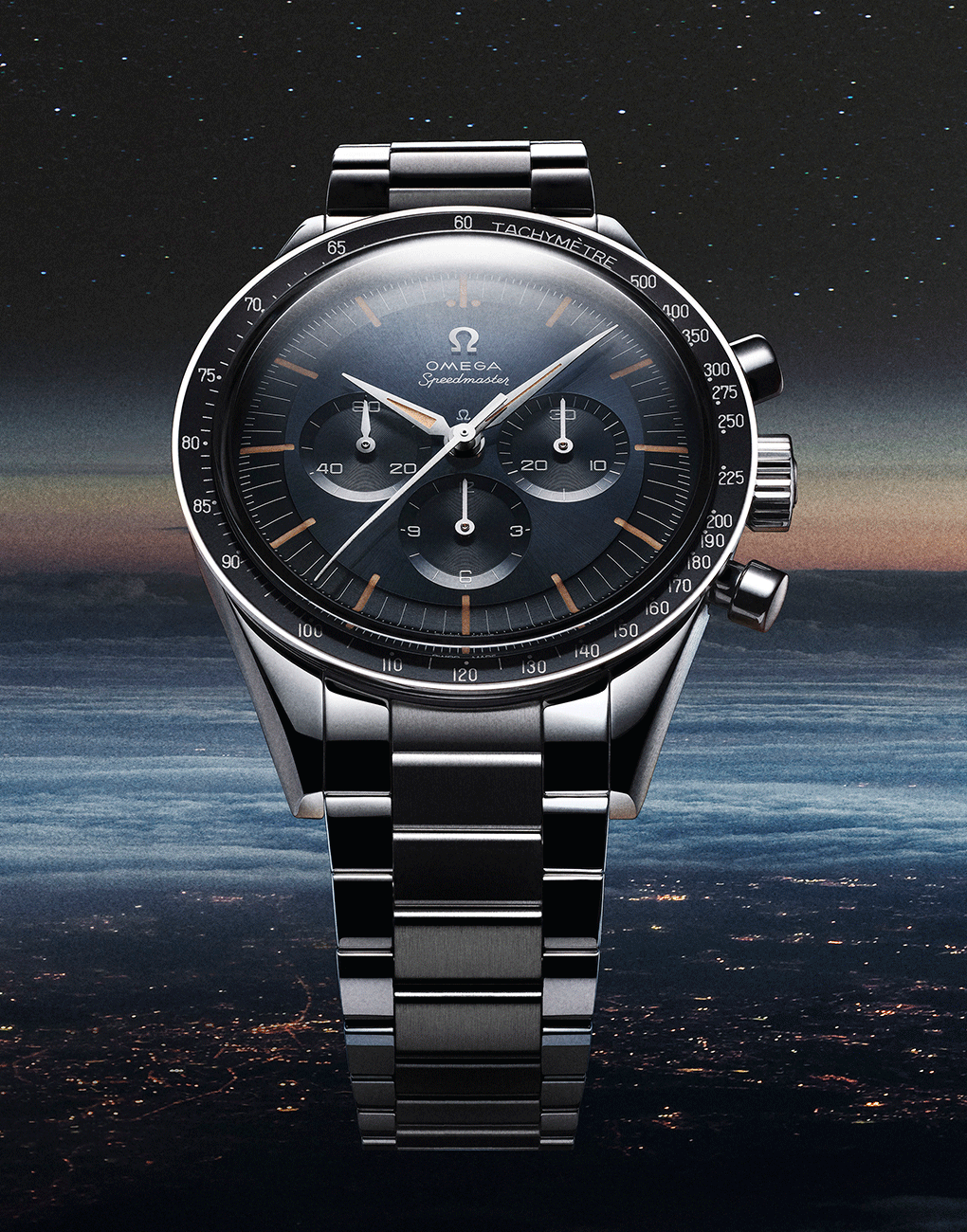
Read more about the Omega Speedmaster’s space travels and how the iconic chronograph became the Moonwatch
He probably didn’t realise that simply putting on the watch before leaving home that day would hold so much weight, not only today—62 year later—but even just three years after that, when NASA officially certified the then Speedmaster. Just four short years hence, the Speedmaster left the Earth’s atmosphere, and made it all the way to the Moon with Apollo 11. That ‘Moonwatch’ edition, reinterpreted in many forms, but also simply getting updated over the years as the signature Moonwatch, was given a mechanical upgrade in 2019, when it became a Master Chronometer. This was the year that marked the 50th anniversary of the moon landing.
The First Omega In Space Vs The Moonwatch
Of course, the Moonwatch edition is the most iconic Speedmaster out there, and it will always be, but there is a certain fondness for the First Omega in space that will continue to linger. It was this interest and love for that milestone reference CK2998 that made Omega reissue the model in 2012, 50 years after it left Earth on the wrist of one Wally Schirra. And the real fanboys and fangirls out there really appreciate the finer details that separate the First Omega in space from the Moonwatch.
While at first glance, you won’t see a drastic difference between the First Omega in space and the Moonwatch, as we know it today—or even from 1969 when it was on the Moon—on looking more closely, you’d see the differences. And you won’t be able to unsee them, after you have. The most striking is the hands. Not only does the central chronograph seconds hand not have the teardrop pointer seen on that of the Moonwatch’s, even the hour and minute hands are alpha and not pencil. Another one: the lugs of the First Omega in space are straight and not ‘twisted’ as the Moonwatch’s famously are.
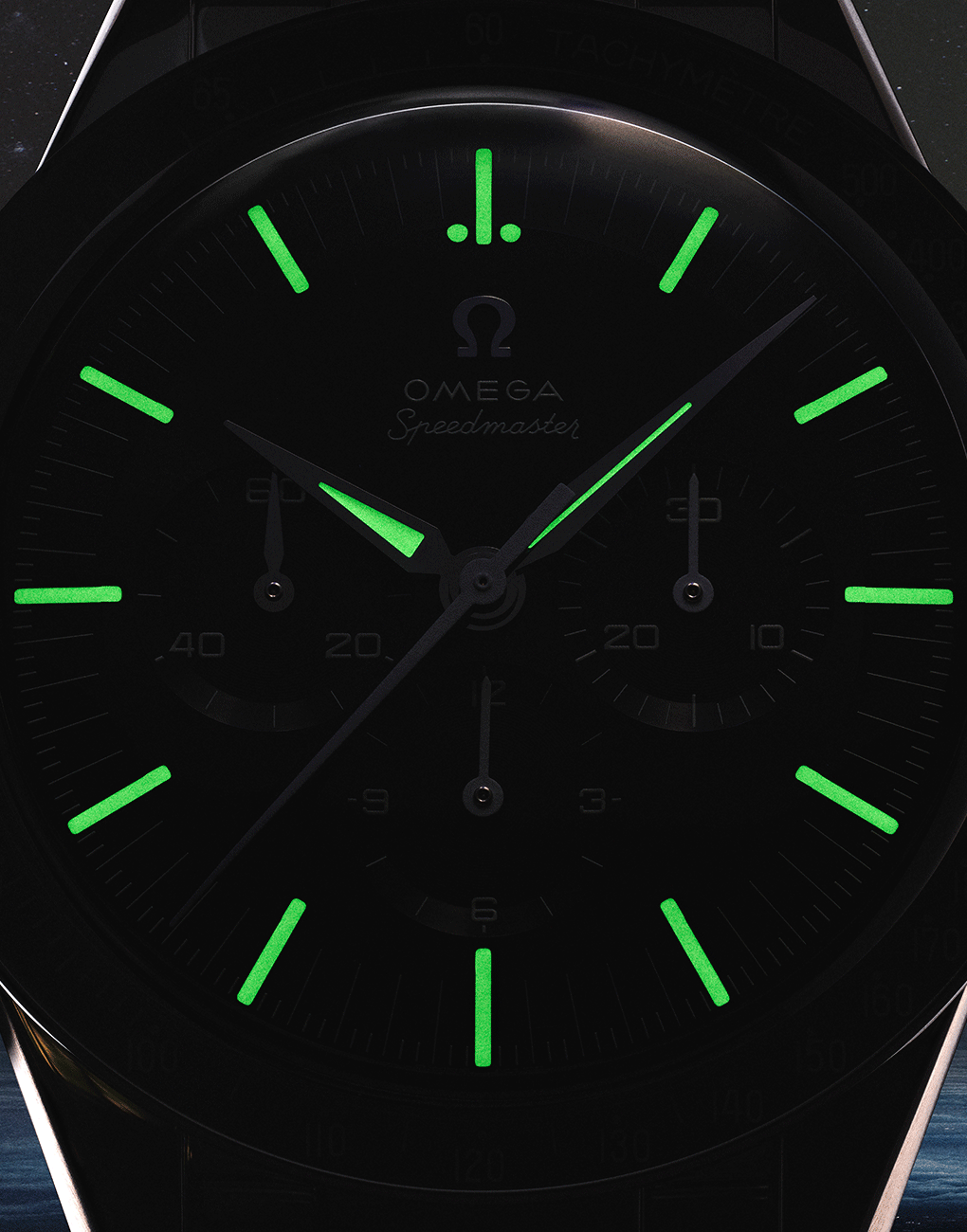
The First Omega In Space, Now Certified
These are just a few of the key differences between the icon and the fan favourite. And retaining the signatures that separate the First Omega in space from future Speedmasters is the latest rendition of the reference CK2998—now as a Master Chronometer. This has happened in 2024, which is 55 years after the moon landing, and—get this—62 years after 1962.
Related reading: The Omega Speedmaster Moonwatch is now a Master Chronometer
The Master Chronometer certification that this new First Omega in space receives is a stamp of one of the highest levels of accuracy one can find in mechanical watchmaking. It is awarded to a watch that runs on a movement—which is already certified as a chronometer by the COSC (the Official Swiss Chronometer Testing Institute)—after rigorous tests. These include accuracy tests under various extreme conditions of temperature, pressure, magnetic fields, etc. This certified First Omega in space runs on the 50-hour manual-winding calibre 3861—the latest in the evolution of the 321, which ran the original models.
Finer Details Of The First Omega In Space
Even with this Master Chronometer certification from the Federal Institute of Metrology METAS, the new First Omega in space remains faithful to the 1959 version that Wally Schirra had. At 39.7mm, this too is encased in brushed and polished steel, with a bezel ring in dark aluminium, featuring the ‘dot over 90’ on the tachymeter scale. The dial with CVD coating (chemical vapour deposition) is also in a dark grey-blue hue, like the First Omega in space, when it went to space.

Like that one, this 2024 version carries the vintage Omega logo as well. With hesalite-like form sapphire crystal for the glass, the case’s back features the classic Omega seahorse medallion with the words ‘First Omega in space’, ‘October 3, 1962’ and ‘Speedmaster’.
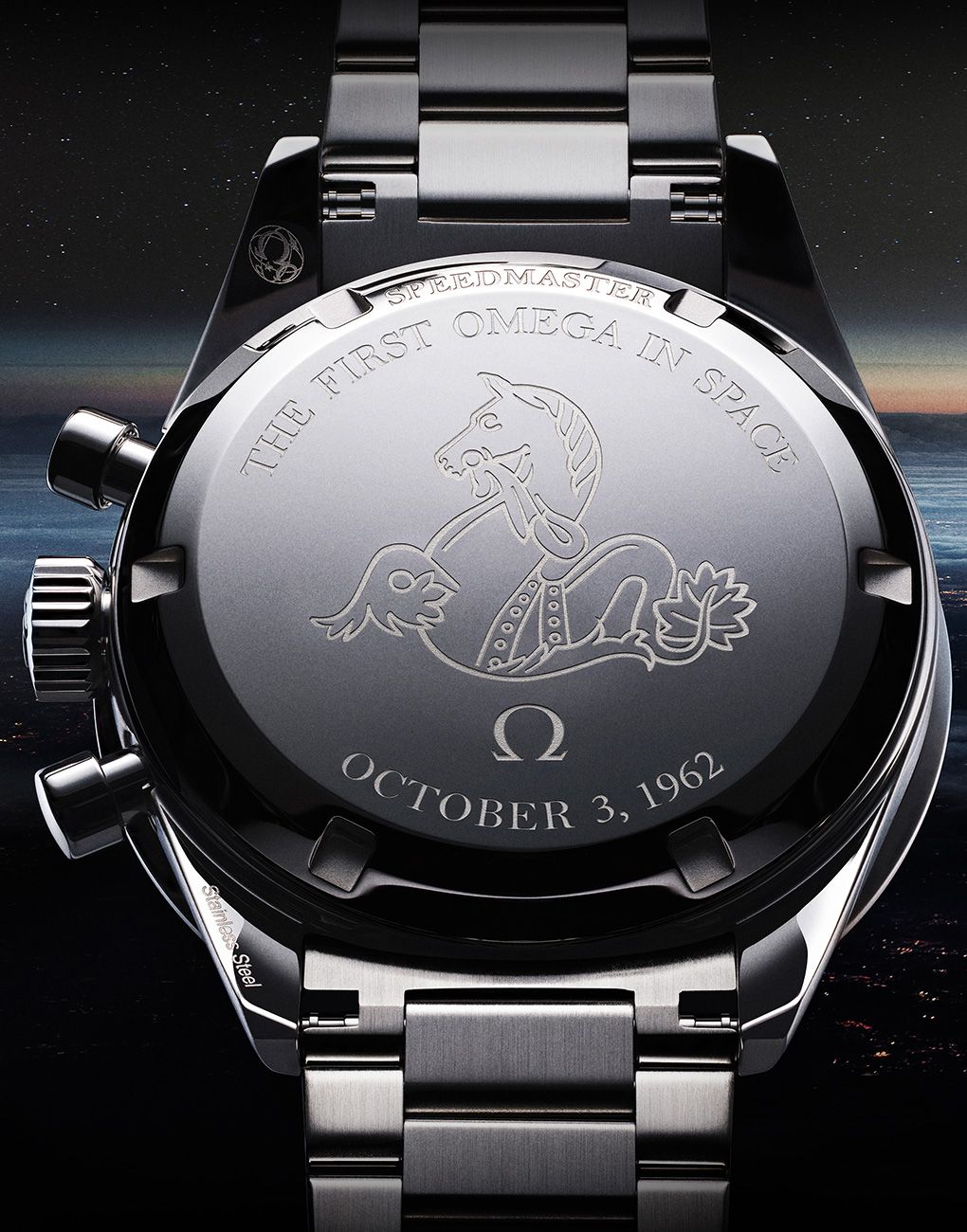
With this upgrade, the First Omega in space catches up with the Speedmaster Moonwatch, which already became a Master Chronometer in 2019. And as it plays the hare to the Moonwatch’s tortoise, we know it was the first Speedy out there, looking on at the hare on the Moon, before its sibling would be on it, seven years later.
